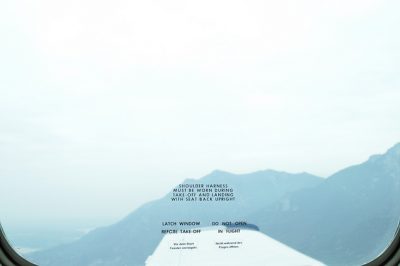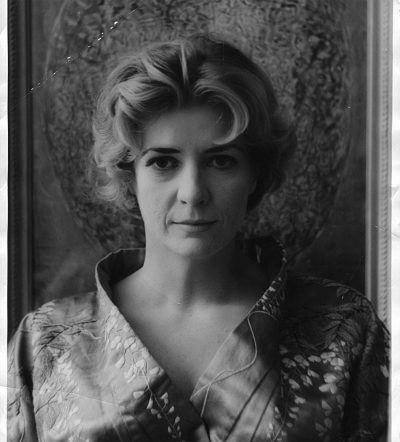Essays
Prose that encourages us to engage with books of poetry, individual poets, and issues of craft or poetics.
Allen Frost: “Robert Huff in Bellingham”

Wendy Willis: “Blessed are We Poor”

STANLEY PLUMLY Limited Sight Distance
Amit Majmudar: “The Tender-Hearted Hard Science”
On Kizer: A Letter from David Rigsbee
Carolyn Kizer’s Voice: A Student’s View

On Kizer: “Her Own Woman”

On Kizer: “The Substance of Song”

A Word from the Editor

David Biespiel: Pssst… A New Era Dawning for Poetry Northwest

David Biespiel: “A Sense of Form and a Sense of Life”

